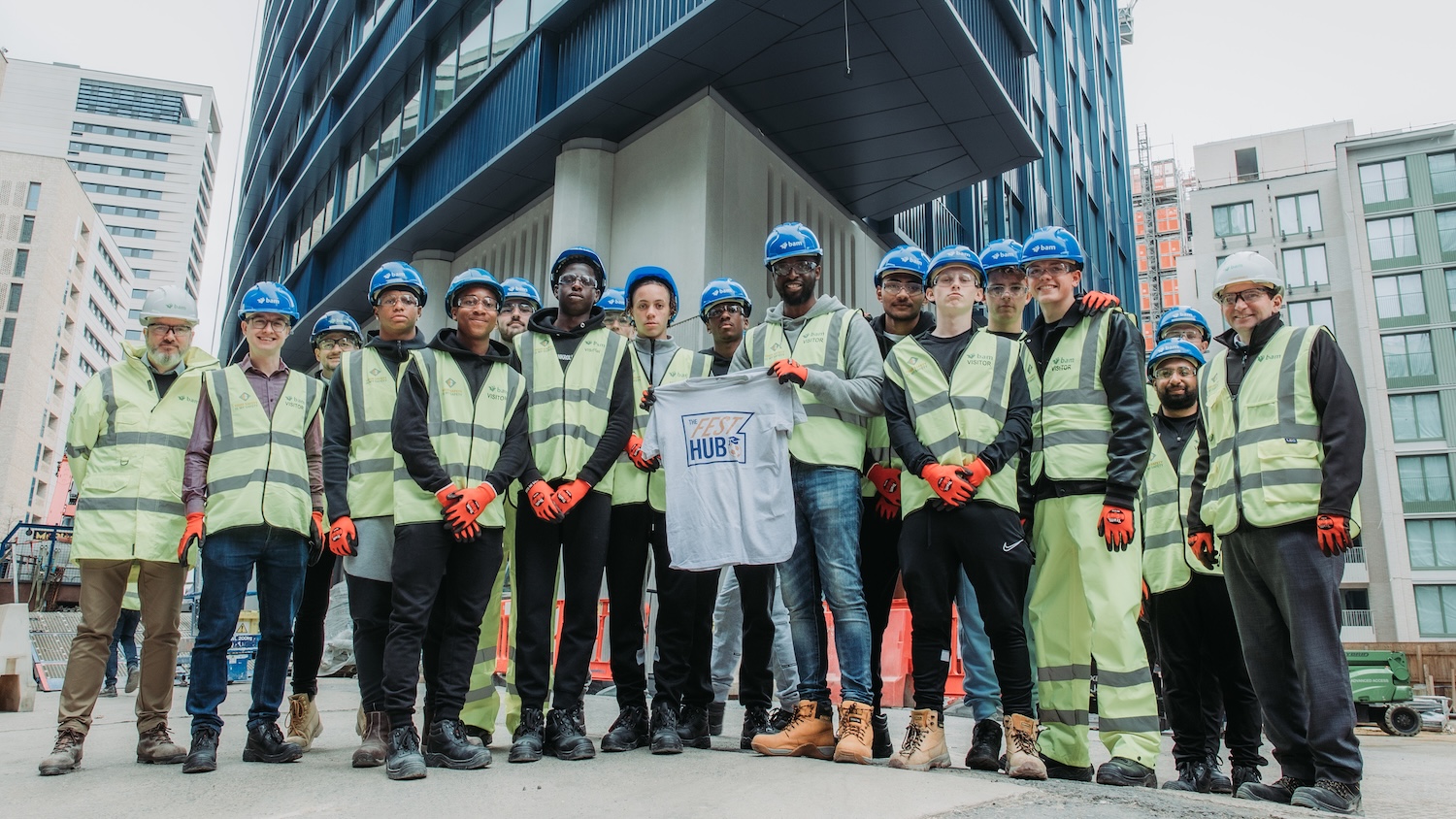
Using football to inspire the next generation of STEM professionals
Fest Hub founder and civil engineer Emmanuel Afolabi is turning the disappointment of missing out on his dream career into a mission to inspire young people into STEM
Millions of UK children aspire to become professional footballers. Around 12,000 of those are signed to the youth teams of professional clubs, but less than 0.5% of that small number go on to make a living from the game.
As a child growing up in Newham in East London, Emmanuel Afolabi dreamed of following in the footsteps of his hero, Thierry Henry.
He was scouted playing Sunday league football by then Premier League side Charlton Athletic at the age of nine.
“In the academy system, when you’re playing well, when your coach is receiving you well and the team’s good, it’s great,” he says. “Everyone was working towards getting their first professional contract.”
Others featuring in the same Charlton youth team included Joe Gomez and Ezri Konsa, both now England national team regulars, and Nigeria international Ademola Lookman, who was voted 14th best men’s footballer in the world in the 2024 Ballon d’Or.
At 16, Afolabi was offered a scholarship, a full-time paid pathway for young players that either leads to an offer of a professional contract at 18 or sees them released from the side.
Unfortunately for him, it was the latter.
Engineering options
“It was quite difficult at that point,” he recalls. “I’d dedicated my life to one thing, as all young footballers do, but it just didn’t work out.”
He had trials at a handful of other clubs, but did not win a contract with those either, and decided to look at other career options.
“Luckily for me, I had a cousin who had just started working as an engineer when I got released,” he says. “Until I spoke to him, I didn’t even know there were so many different types of engineers.”
After their conversations, Afolabi decided he liked the sound of the broad activities of civil engineering. Nevertheless, he had a long way to go, having focused solely on football for much of his life.
“The transition wasn’t that easy. I went to university and did a foundation year because I didn’t have enough UCAS points. I only had a BTech in sports science from when I was playing football,” he explains.
A support grant was available from the Professional Footballers’ Association but “at that point, you’re kind of left to your own devices, trying to forge your own path”.
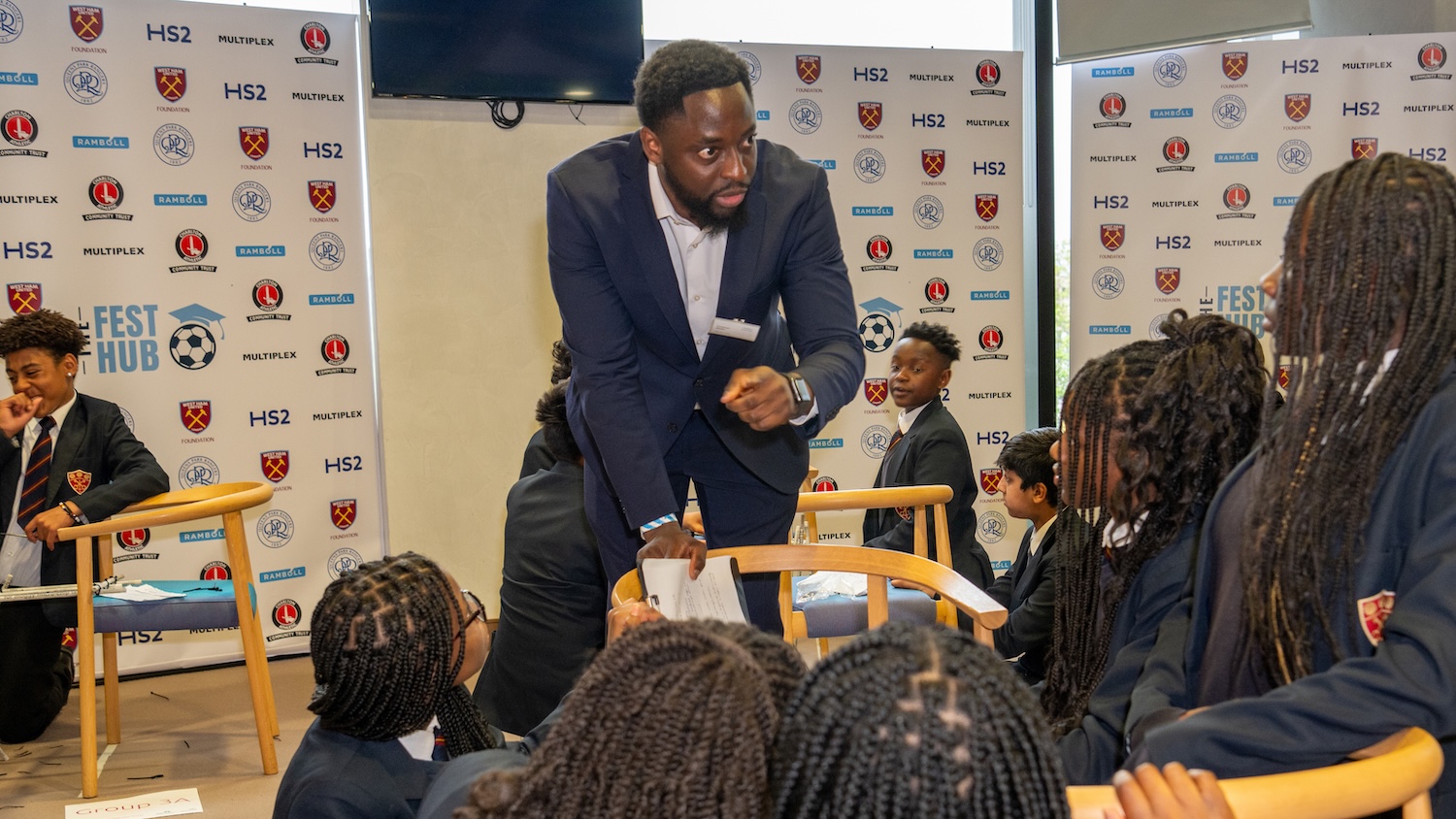
After studying at the University of East London, where his course included a placement year with Newham Council, Afolabi graduated and then secured a place on Ramboll’s graduate scheme.
A few months into his career, during the winter lockdown in early 2021, he listened to a radio discussion about the lack of support being offered to young footballers who do not make it into the professional leagues.
At the time, the suicide of a former trainee was in the national media headlines, and questions were being asked about the support offered to aspiring footballers.
Coping with anxiety
After suddenly finding their dreams unachievable, some youngsters – accustomed to football being a core part of their identity – struggle to cope.
Having been looked up to by their peers for their sporting abilities – and sometimes with their parents’ hopes and dreams resting on their shoulders – the former trainees are jolted into adjusting their outlook.
A 2015 study by Teesside University found that more than half of adolescent footballers released by their clubs went on to experience clinical levels of psychological distress.
They face other potential issues too. Growing up, Afolabi knew a young wannabe professional, who was sent to prison not long after being released from a Premier League club.
“Depending on what area you grew up in, or who you were around in that environment, there [are other issues to deal with],” he says. “He was a good player, but he started hanging around with the wrong crowd. It was sad.”
While listening to the radio programme, Afolabi thought there should be an organisation to provide support for those whose experiences were not that different from his own.
He researched what was available and could not find anything that bridged the gap between football and STEM.
“I wanted to make a difference and support these players because I’ve been in their shoes, I know how it feels when you get released and you don’t know what you’re going to do next,” he says.
“When I stopped playing football and became an engineer myself, I didn’t see a connection between STEM and football [at first].
“People don’t know, so I thought: ‘Why not have someone shout out and make it an option for the lads? If they get released, this can be another route for them’.”
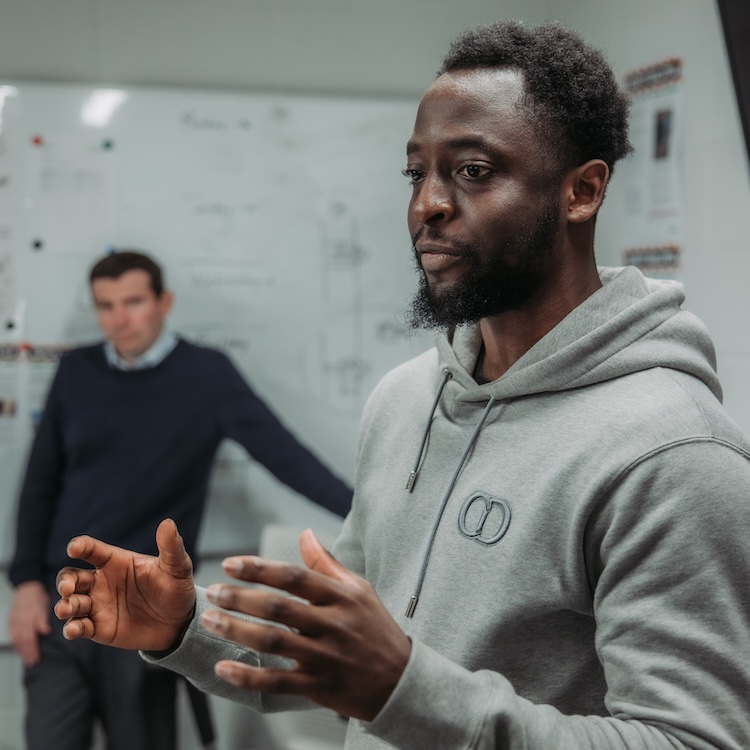
There’s a skills shortage out there and we’re doing what we can to establish ourselves as an organisation that can support young people and inspire them into STEM
Launch of the Fest Hub
He founded The Fest (Football, Education & STEM Together) Hub, a community interest company that aims to educate young people about science, technology, engineering and maths careers.
Activities it has carried out include taking youth football teams on construction site visits, such as the Queens Park Rangers under-18s team touring HS2’s Old Oak Common.
“If it wasn’t for us going to clubs, doing workshops and raising awareness of the industry, a lot of players wouldn’t have a clue,” says Afolabi, who is now 28.
“It’s good for somebody to come out there and make it look like a viable option for them, and I use myself as an example. My story is authentic – I’ve been there, done that.”
The organisation also works with the likes of West Ham United and Charlton Athletic in their school outreach programmes.
These are not targeted at young sportspeople but aim to use football-themed activities to increase interest in STEM.
Examples include hosting an inter-school stadium design competition for 12- and 13-year-olds at West Ham’s London Stadium.
“There’s a lack of engineers within the industry and we just want to promote STEM in a positive light using sports,” Afolabi adds.
“There’s a skills shortage out there and we’re doing what we can to establish ourselves as an organisation that can support young people and inspire them into STEM.”
After coming up with the idea in 2021, Afolabi soon told colleagues at Ramboll. Its philanthropic arm, the Ramboll Foundation, became a sponsor of the work.
“When I got released, a part of me thought I was a bit of a failure, so I wanted to make sure that being an engineer was not going to make me feel like a failure.
“The fact that the Ramboll Foundation supported the idea of getting [sportspeople] into STEM made that a little bit easier.
“It was something they’d never seen before, and they could see it was authentic because I’d been a footballer myself. I was able to tell the tale of how it made me feel and how others will feel too,” he adds.
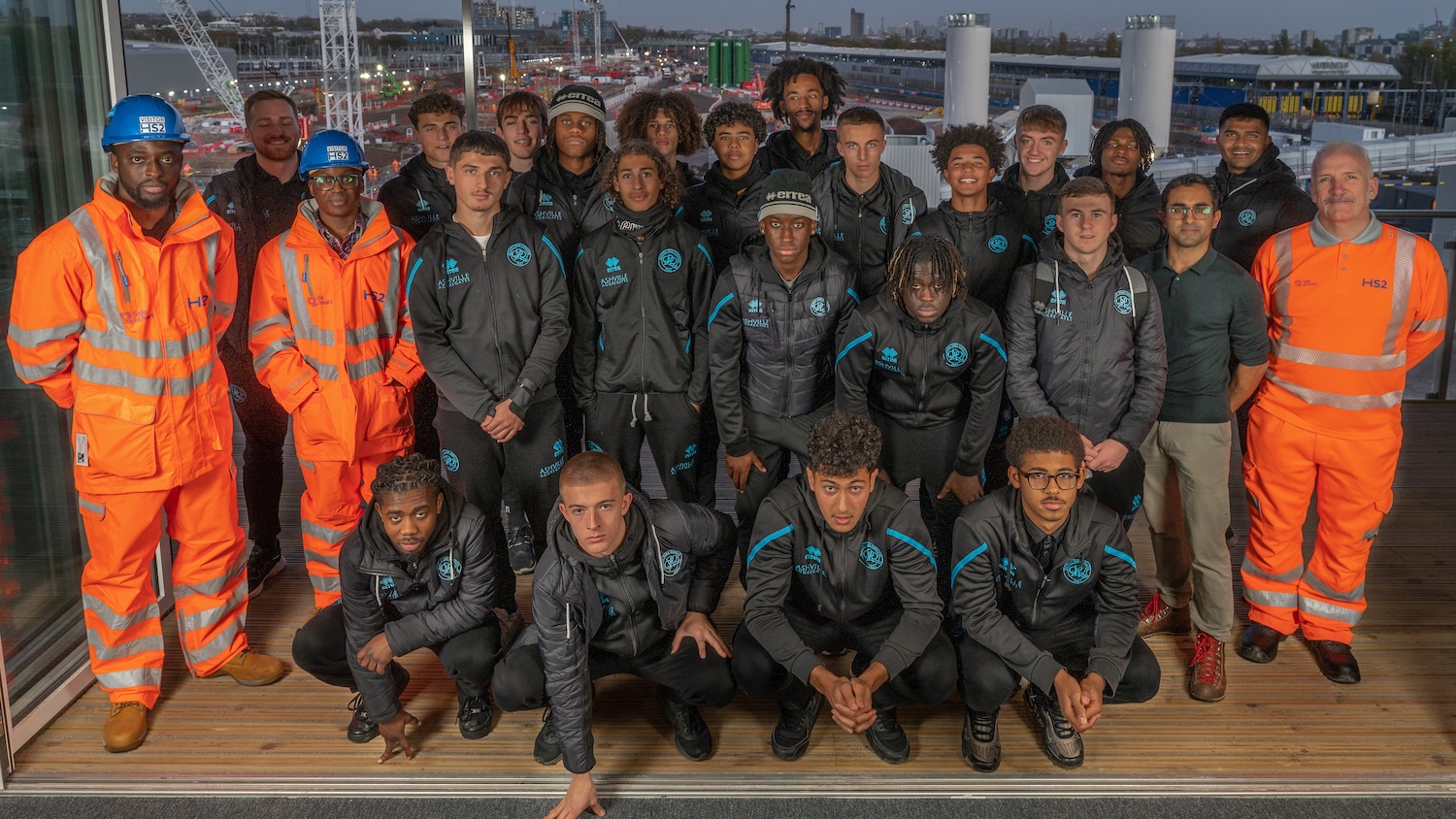
Company support
The wider company is supportive of the work as well, with colleagues getting involved in working at its events. In 2022, Afolabi was named the company’s Culture and EDI Champion of the year.
“Emmanuel’s commitment to addressing the challenges he faced when his future path took a dramatic turn is both admirable and inspirational,” says Ramboll UK and Ireland managing director Neil Sansbury.
“He has used his skills and networks so that others in his situation could avoid the same sense of loss, for which Ramboll has been a strong ally and advocate.
“We proudly support Fest Hub, recognising the valuable impact it can have on young people, and the opportunity it presents to help address the skills shortage.”
In January 2024, the Fest Hub was named Best Social Value project at the Association for Consultancy and Engineering Awards.
Potential future avenues for the organisation include expanding its geographic reach and enlarging its roster of people who can advise youngsters.
“The more ex-players we get, the more people who have been in sports and have gone and become engineers, the better,” says Afolabi, who believes there must be “hundreds” who have followed a similar path.
“If we can get more people in STEM who have previously been in sports, to work with them, to inspire more young footballers and other young people, that would be good.”
Overall, he says: “There’s a lot more work to be done and more young people to engage.”
And with the industry plagued by a chronic skills shortage, finding new ways to get young people interested in construction and engineering can only be a good thing.
Pictured at the top: Charlton under-18s site visit 2023 (credit: James Evans Visuals)
Pull quote image of Emmanuel Afolabi (credit: James Evans Visuals)
Comments
Comments are closed.


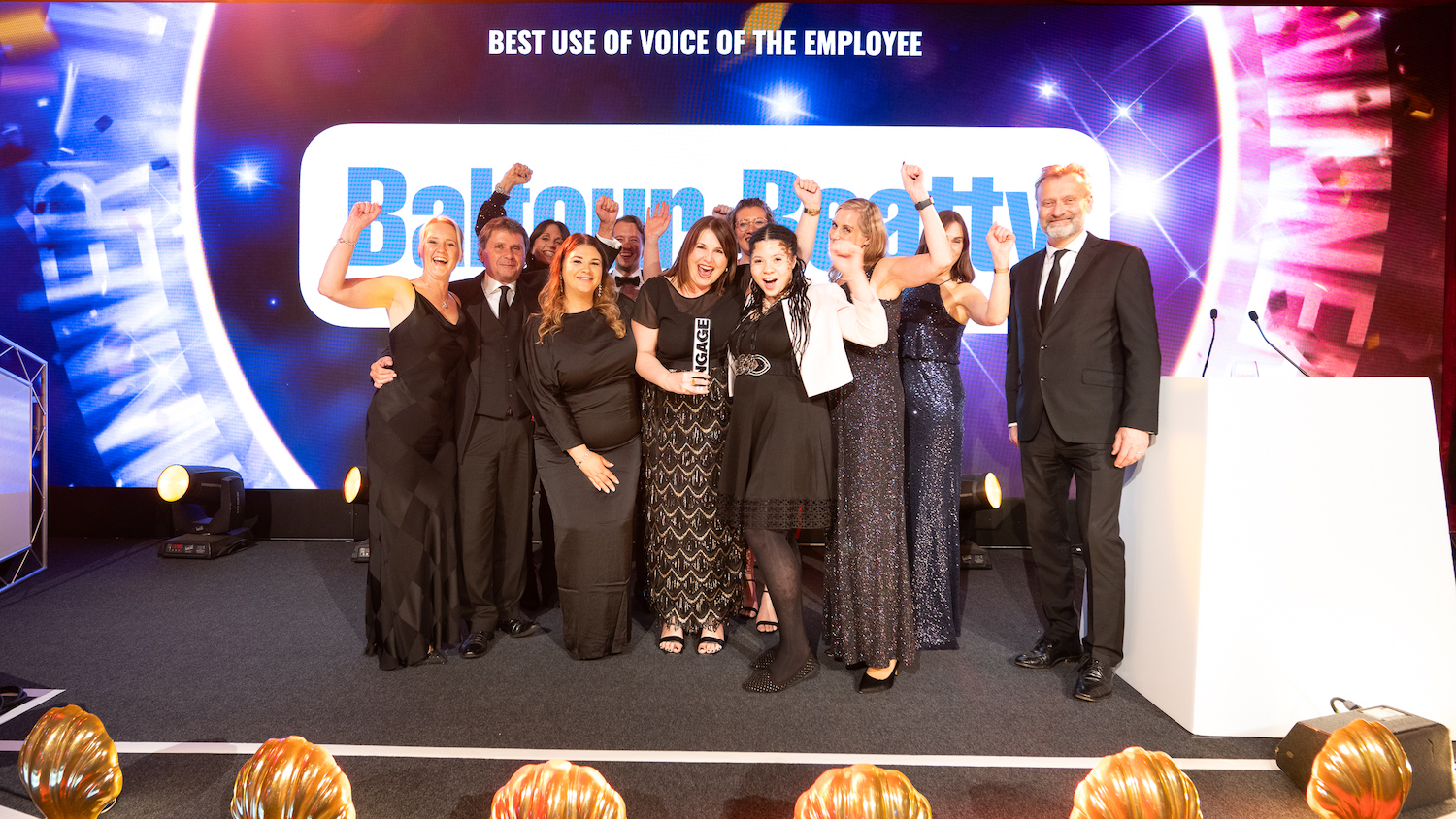
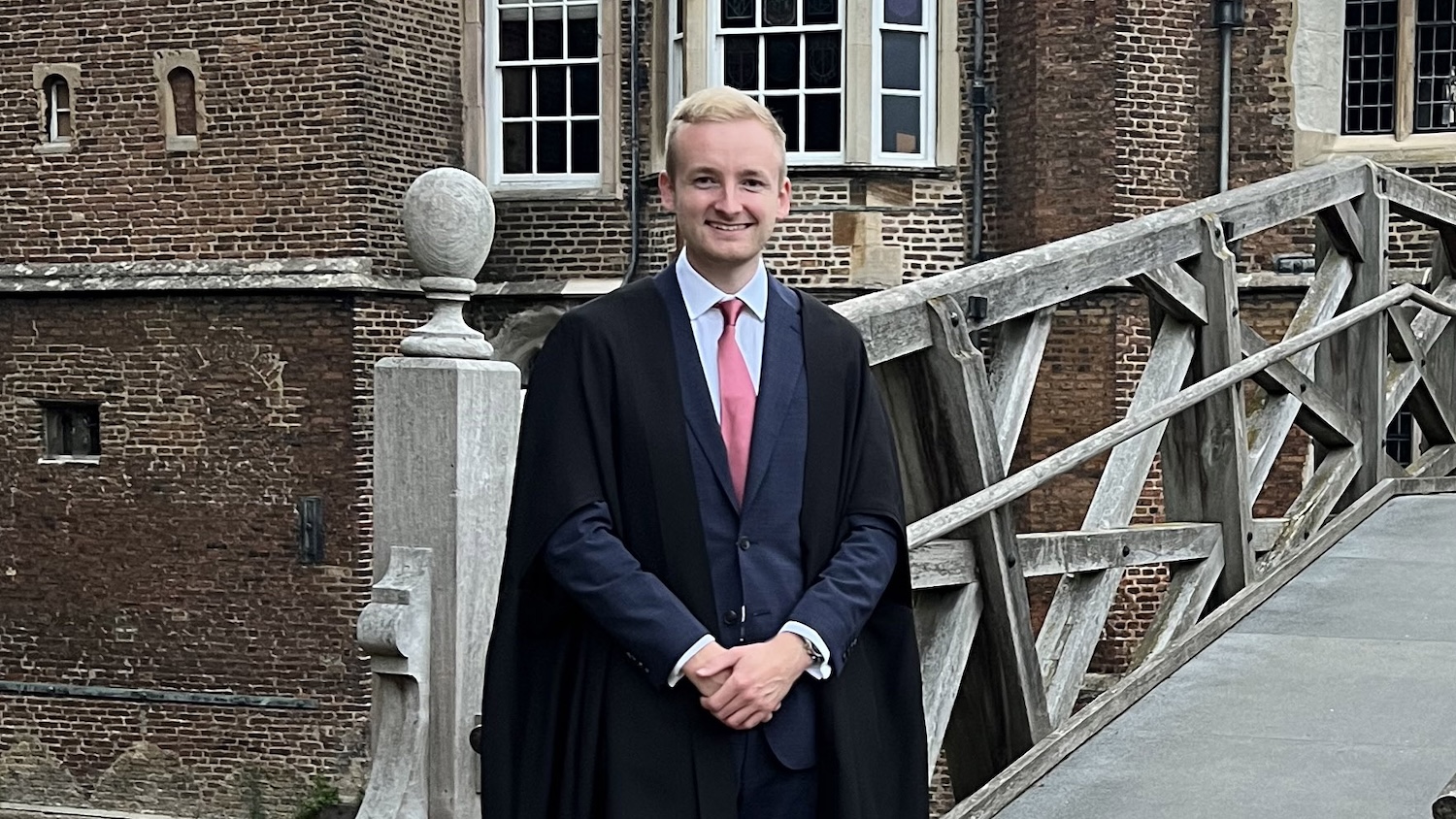

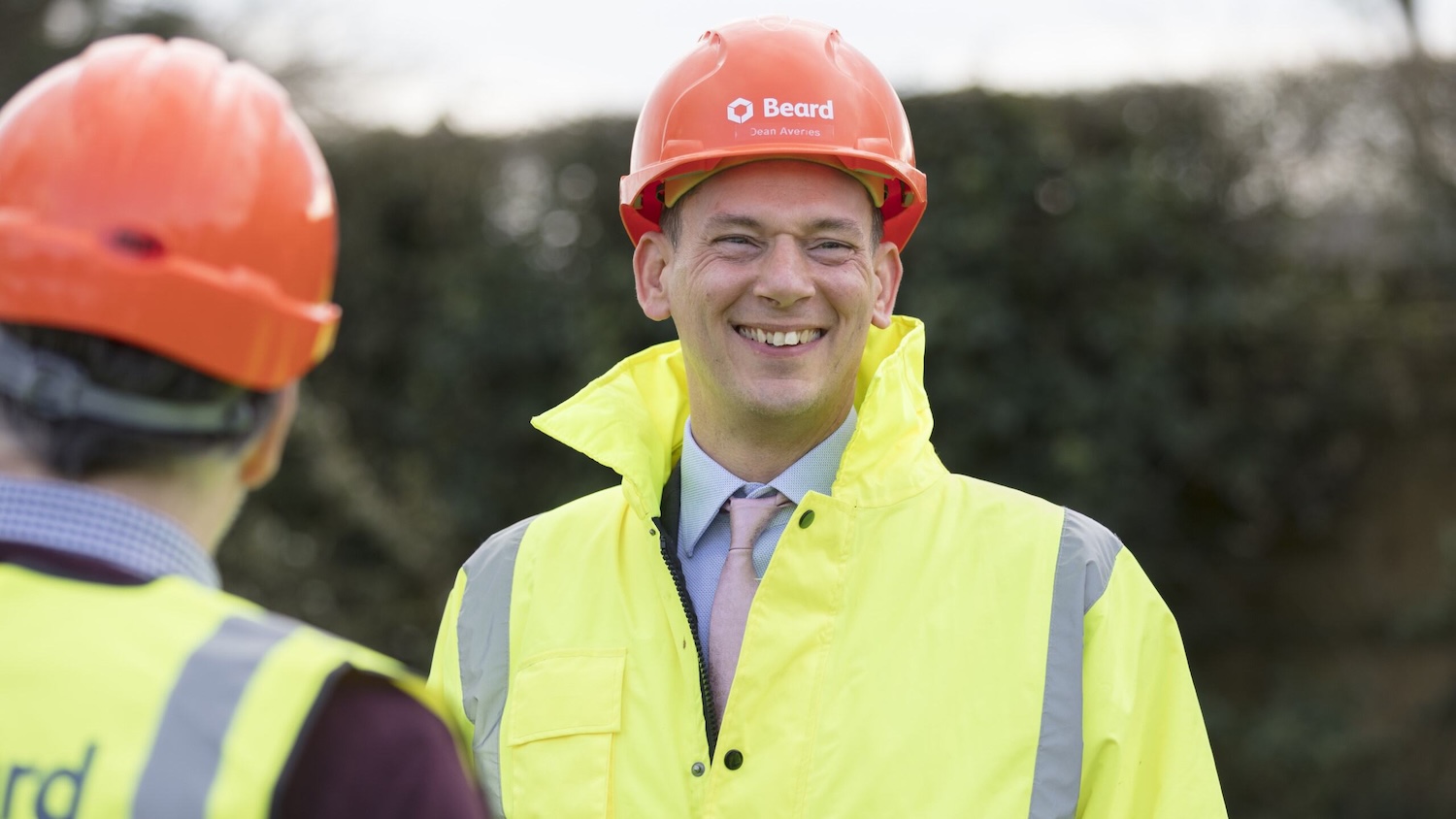
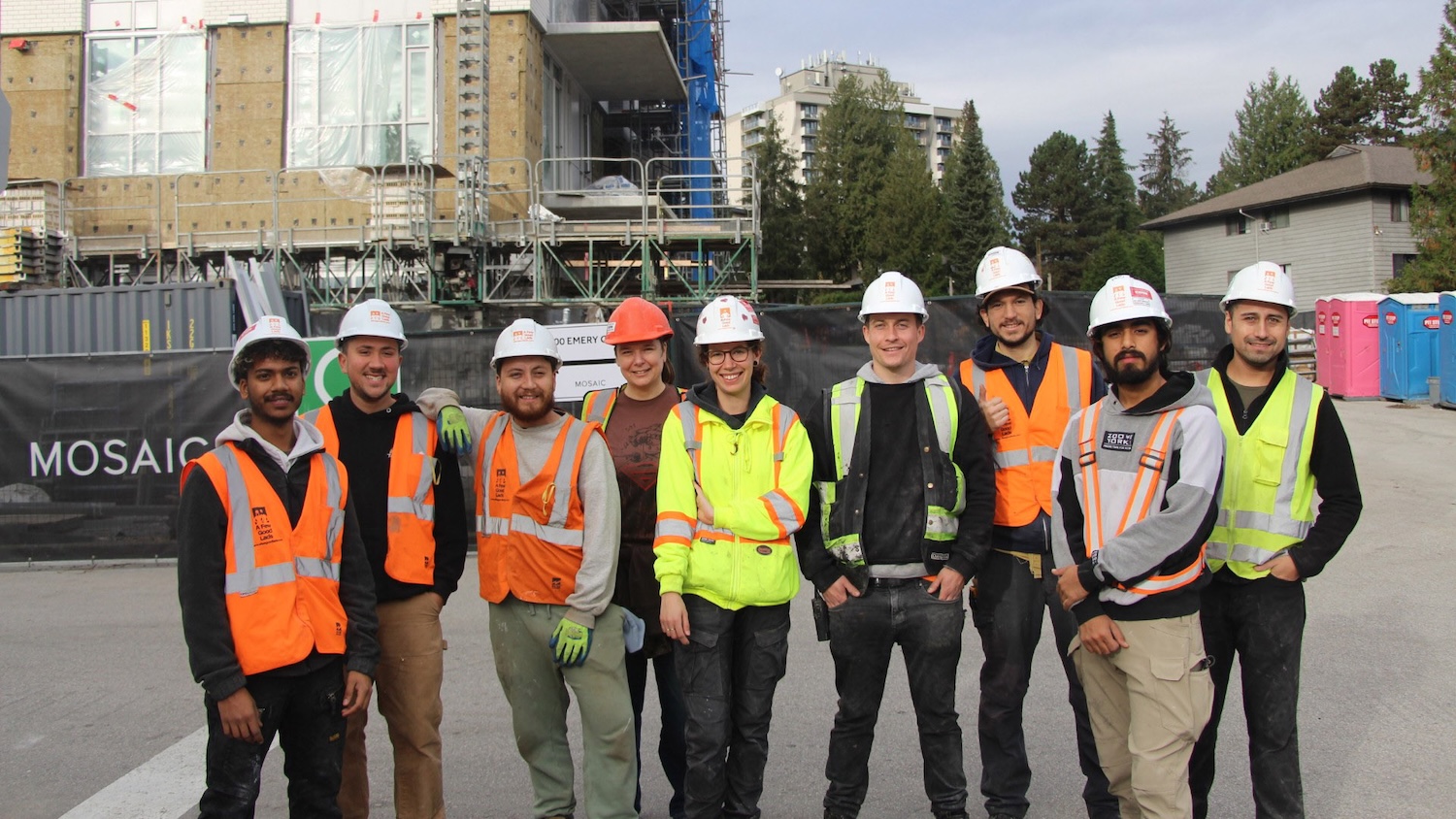

What a fantastic idea, like all great ideas, you wonder why nobody thought of it before.
As an ex non league player, coach and manager I know the parallels between football and construction engineering and management are many and facetted.
I wish you every success with your work, I suspect you’ve hit a gold seam.